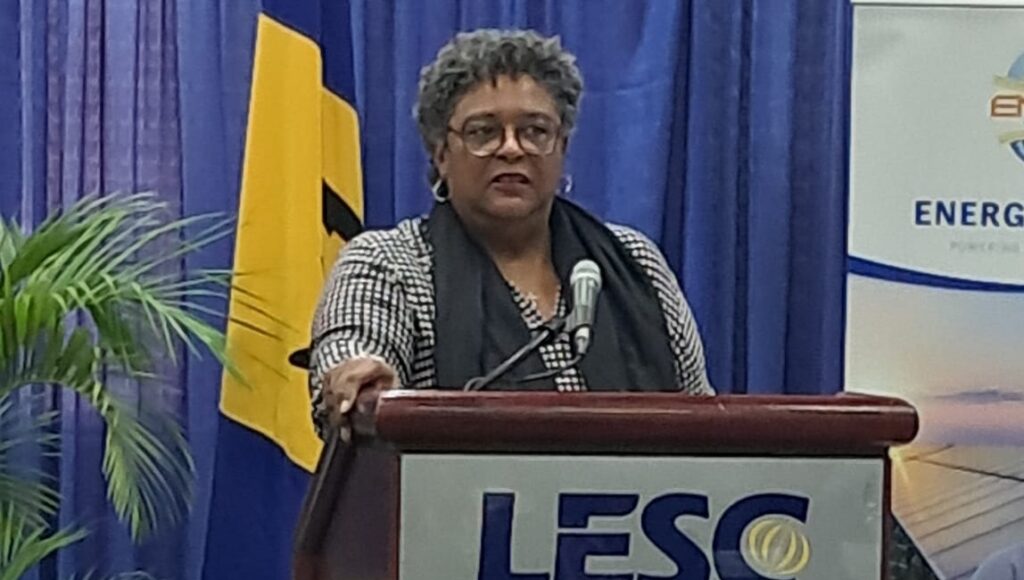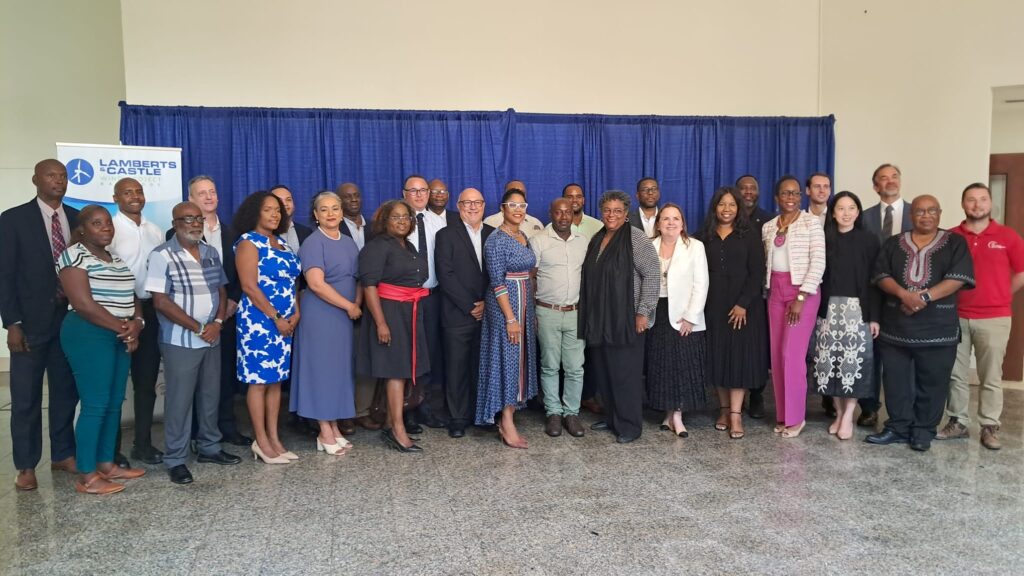Barbados has found itself caught between opposing stances of the United States and the rest of the industrial world over the global minimum tax of 15 per cent on multinational companies, finance minister Ryan Straughn told the House of Assembly on Tuesday.
While the previous Joe Biden administration in the US joined the G20 nations and the Organisation for Economic Cooperation and Development (OECD) to enforce a minimum tax for multinational companies earning more than US$850 million or €750 million across their global operations, the Donald Trump administration has turned its back on the move.
Straughn made the observation as he led debate on the Companies (Economic Substance) Repeal Bill, which removes this reporting standard as the government introduced a nine per cent corporate tax rate and a six per cent top-up for those who are part of global entities meeting the US$850 million or €750 million threshold.
But with the introduction of the global minimum tax, some global business companies are making decisions on whether to remain domiciled here or leave, he told the House.
Straughn said: “We’ve had a change in administration in the United States, and with respect to the passage of their tax bills, the United States… made clear that the policy of the United States is to have companies return to the US, and therefore incentives were put in place in respect to being able to bring companies back.
“Let me speak clearly, Sir, and plainly. When we introduced the global minimum tax, the United States was on board. With the change in administration, they withdrew from the global minimum tax arrangements early this year, against everybody’s protests.”
As a result, Barbados was operating “almost a dual regime” where American companies have a different tax standard to other global companies.
Using a cricket analogy, Straughn told lawmakers: “As a small state, managing that relationship is not easy because everybody wants the playing field to be level and when the person that owns the bat and the ball decides they can take up the bat and the ball, then it leaves the rest of us out on the playing field looking at one another, trying to figure out how we can deal with this man who’s got the bat and the ball, and it is not an easy thing.”
Noting the special circumstances in which Barbados’ global business industry and tax policies have been positioned given the US government’s posture, the junior finance minister said: “As a small state, we will continue to monitor the impact that [this] will have with respect to how the jurisdiction is potentially viewed because we were all in sync with respect to having our qualified status and being consistent, globally.
“We are still in a situation where we do not yet understand fully how the administration of US companies will be conducted moving forward. But with every other jurisdiction, we have all the mechanisms in place to be able to have the automatic exchange of information.”
According to the minister, the global minimum tax provides an “even playing field, especially where you have companies operating in the same space from different countries”. (IMC)
The post ‘Uncertainty’ as US shifts stance on global tax policy appeared first on Barbados Today.


